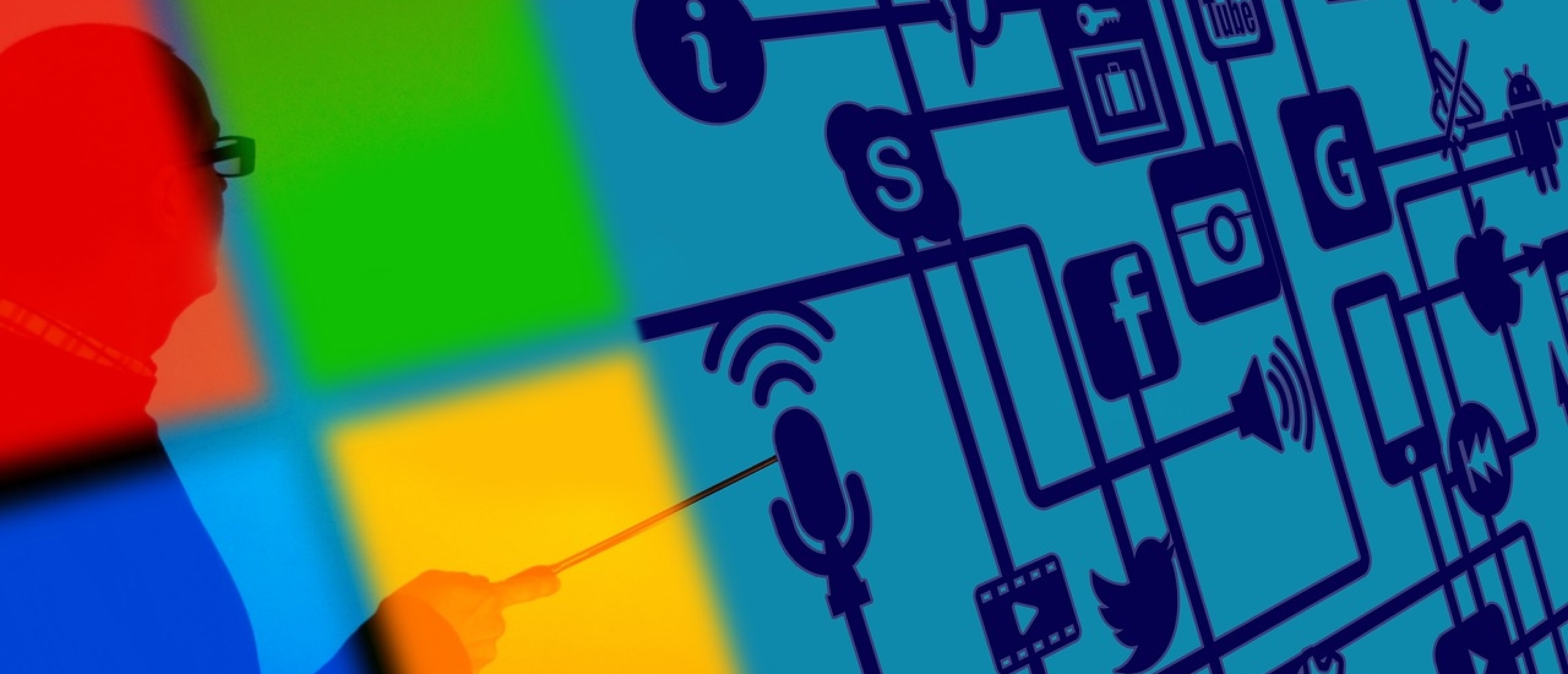
OEM Licences
What is an OEM licence?
Original Equipment Manufacturer licenses, also called OEM licences are software licenses linked to a single device. Because of this, OEM licenses are usually pre-installed on the corresponding device at the time of the purchase. In most cases, the computer manufacturer has agreed with Microsoft to pre-install Windows as software, so that the user does not have to buy other software separately. In some cases, users can also buy OEM software separately, however even then the license can only be linked to one device. So an OEM licence can never be transferred to another device.
What software is available with OEM-licensing?
Windows
- Windows 11 Home
- Windows 11 Pro
- Windows 10 Home
- Windows 10 Pro
Windows Server
OEM Licences: Advantages
The biggest advantage of OEM licences is that they are often cheaper than other alternatives. As mentioned above, they are always linked to one device and cannot be transferred to another, hence the lower price. OEM licenses are usually advantageous for small start-ups with a few(er) employees.
Because the software is pre-installed, in most cases the user knows for sure that the installation has been done properly and will therefore work well. OEM licenses save users installation time which allows them to get started right away.
OEM Licences: Disadvantages
One big disadvantage of OEM licences is that they cannot be transferred to other devices. This means that the licence is linked to one device and in case the computer crashes or a system failure occurs, a new licence needs to be purchased. This is also the case when the device is replaced.
OEM licensing is often not the best choice for bigger companies and enterprises, as they would need more flexibility. Whenever new devices are purchased, new employees arrive or a computer crashes, a new licence has to be purchased. This can be avoided with Volume or Retail licensing.
Alternatives to OEM licenses
The best alternatives to OEM licences are Retail and Volume licences. A retail licence differs from an OEM licence in that it is not bound to the device, but to the user. This means that it can be transferred to another device, which makes it more expensive.
A Volume licence, as the name suggests, is a licence purchased for large-scale use. With a Volume licence, the user pays for the number of activations used by employees. This is a very flexible licence because the number of keys used can be easily increased or decreased.
Rules
- An OEM licence is bound only to the device it has been sold with and cannot be transferred later to another device
- OEM Microsoft Office licences do not include downgrade rights
- OEM Microsoft Windows Server licences are subject to downgrade rights
